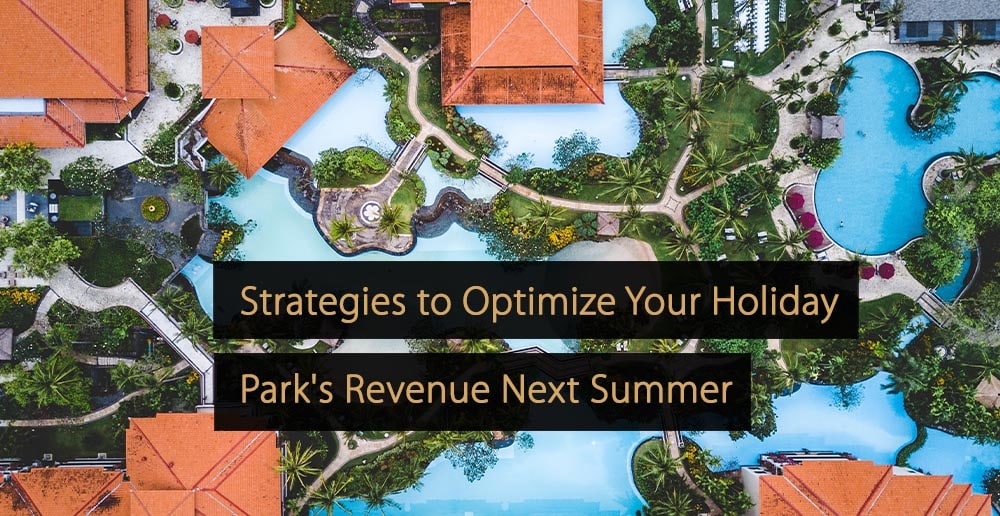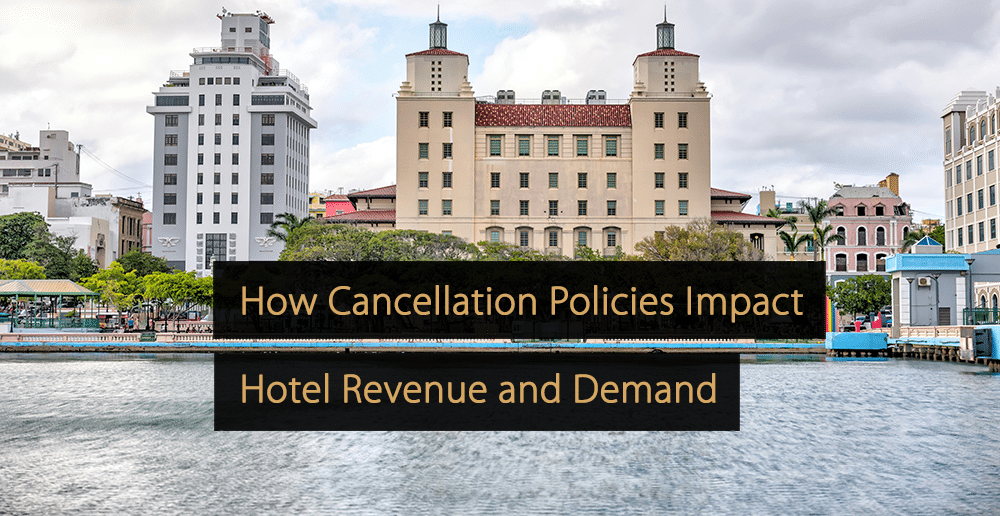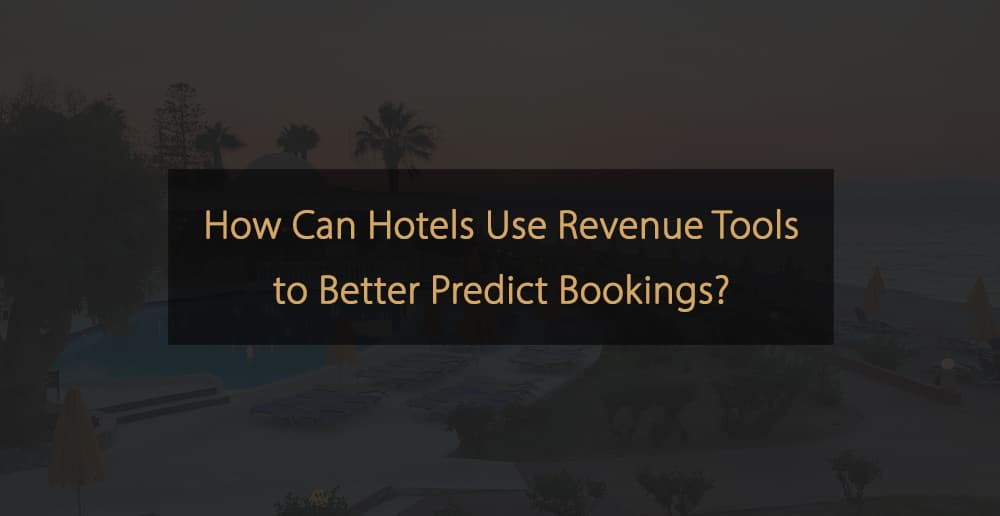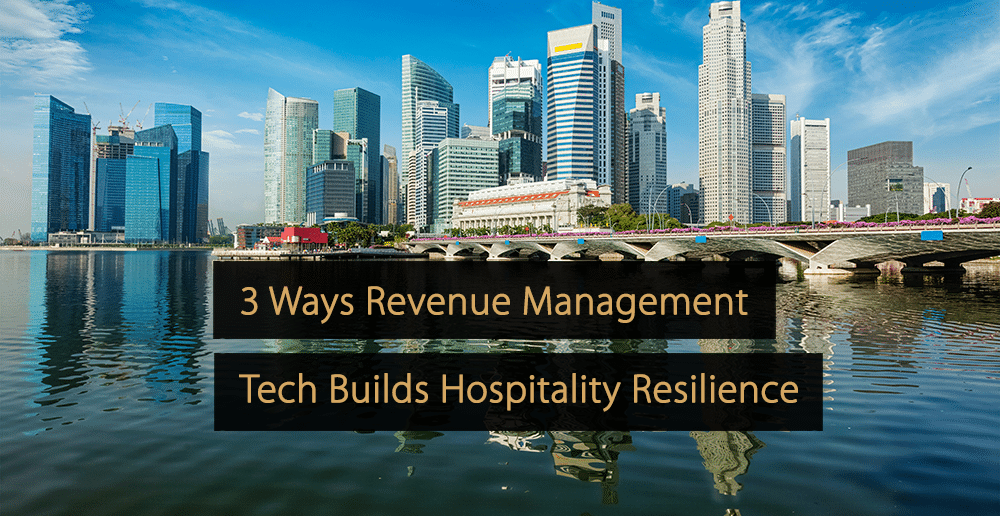Was your summer a revenue bonanza, or more of a busy bust? The summer busy season is undoubtedly a critical stretch for holiday park owners. For many, it’s the time to bolster your budgets and make up for the slower months. While plenty of work must be done to ensure your next summer’s guests have an excellent experience, it’s also important to consider your approach to revenue management before this flurry of activity begins.
Where to Start as a Holiday Park Operator
For those using revenue management techniques, it’s understood that the key to a good peak season isn’t just about filling units—but maximizing the profitability of each booking. Before next year’s bustle of summer takes hold, it’s worth considering how revenue management tools and practices can help.
If you’re new to the subject, revenue management is the process of using data to make decisions that optimize inventory availability and price in the pursuit of maximizing revenue. Simply put, it’s about selling the right product at the right price, through the right sales channel to the right customer, and at the right time. Doing it right can be a tall task if left to one person and some spreadsheets. Fortunately, tools like IDeaS G3 Revenue Management System (RMS) can help handle much of the heavy lifting with proper configuration and fine-tuning.
4 Revenue Management Strategies for Holiday Parks
Revenue management strategies can help you increase the profit of your holiday park and grow your business. But what does that mean in practice? Below, you will find four strategies to maximize your revenue.
1. Automated, Dynamic Pricing Decisions Cut Out the Guesswork
Setting prices is a common pain point for accommodation providers. Some take a “set and forget” approach with little regard for maximizing revenue. Others are stuck in a time-consuming manual pricing rut that’s often influenced by unreliable inputs—like gut feelings about what to charge—or data that’s subject to change more quickly than they can realistically account for, like competitor pricing. Often, the outcome of that approach is a lot of work for less-than-ideal results.
RMS can quickly account for factors like projected market demand, competitor prices, and what your property currently has on the books. In turn, it automatically provides optimal pricing suggestions to maximize profitability. This keeps your prices from being out of sync with the market, whether it’s the busy season or even during a relative lull in business.
2. Integration with Online Sales Channels
Optimized pricing suggestions are great to have. Still, the process of manually communicating these changes to the various purchasing channels your property relies on for booking can be time-consuming. To help you stay nimble, RMS automates this process of relaying pricing and rate restriction decisions to all integrated selling systems. This frees up time to focus on the more pressing guest experience and operational tasks on your plate.
3. Better Forecasting
When you’re preparing for the day, a quick look at a weather forecast is likely your north star for decision-making and planning. That same concept applies to a business forecast. When you know business is looking slow, you can adjust with tactics like rate discounts or other promotions. When business is projected to boom, you adjust with higher rates or booking restrictions for offerings below a certain price threshold.
While those tactical adjustments may not be a revelation, they underscore the importance of a high-quality, responsive forecast that considers as many relevant factors as possible. RMS uses a complex and rigorously tested mix of competitive intelligence, historical data, industry knowledge, and machine learning algorithms to create dynamic forecasts that improve and refine with time. A better forecast means the days you get caught without an umbrella (so to speak) are fewer and farther between.
4. Instantly Understand the Projected Impact of Booking Decisions
When holiday park operators strive to maximize revenue from their fixed inventory of accommodations, it’s not always easy to understand how certain booking decisions will impact their bottom line.
For example, is it likely better to have a significant number of accommodations locked in with longer-term guests at a flat rate than having those same units available for booking at a potentially higher dynamic rate? The better option for maximizing revenue isn’t always clear. With an RMS, holiday park operators can use an easy “what-if” simulation tool that automatically projects the impact of a booking decision on key revenue results.
It’s Time to Adopt a Revenue Management Mindset
The next busy season isn’t likely to disappoint. But there’s a difference between being busy and being optimally busy. Suppose you’re not yet turning to technology to do the heavy lifting of revenue management. In that case, you’re almost certain to leave revenue on the table and miss opportunities to maximize the impact of your busiest season.
Free Guide: The Ultimate RM Buyer’s Guide
More Tips to Grow Your Business
Revfine.com is the leading knowledge platform for the hospitality and travel industry. Professionals use our insights, strategies, and actionable tips to get inspired, optimize revenue, innovate processes, and improve customer experience.Explore expert advice on management, marketing, revenue management, operations, software, and technology in our dedicated Hotel, Hospitality, and Travel & Tourism categories.








Leave A Comment